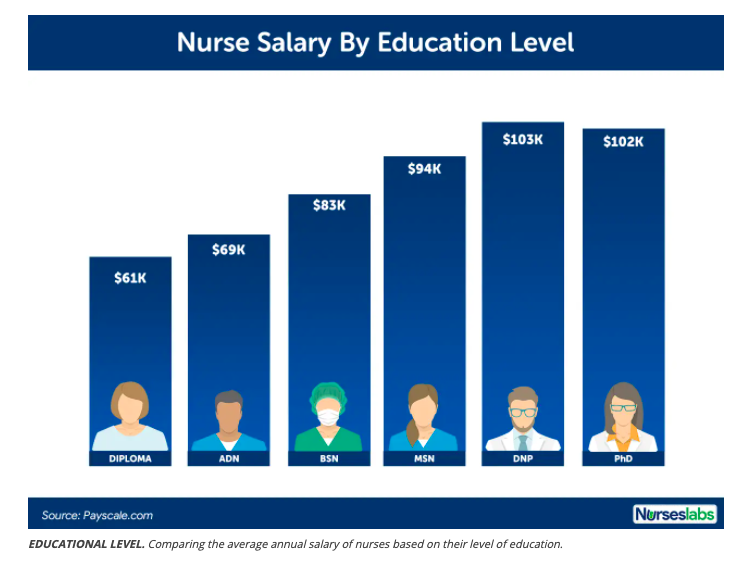Choosing the Right Nursing School Matters
The nursing program that you choose to attend could affect your career and professional trajectory for years to come. While it’s not the only thing that counts, enrolling in a high-quality nursing program will lay a strong foundation for your career mobility and job prospects. So, choosing the right one will certainly pay off.

Choosing the right nursing school can be a challenge, however. There are so many options out there; and so many schools that promise to be the best. As an aspiring nursing student, you have to remember that not all institutions will be able to realistically offer the same quality of education. So, how will you be able to tell which schools offer programs that will really pay off in the long run? What factors should you consider when you shortlist nursing schools to attend?
Here are some things to consider:
1. Accreditation
To make sure the degree you pursue is worth the time and effort you’re going to put into it, check out the school’s accreditation to determine their education standards and qualifications.
Accredited schools follow a certain level of instructor and program quality that assures future employers you were well-trained for your nursing career. It means that the education provided by this specific institution meets at least the minimum level of quality that has been pre-determined by education experts.
Training from an accredited nursing program also opens a lot of doors for students, including entry to other accredited schools if choosing to pursue advanced nursing degrees or specializations.
Some programs, however, are supported by nursing-specific accreditation bodies. Therefore, it’s important to look into programs that have both regional and nationally recognized accreditations. For instance, the Accrediting Commission of Career Schools and Colleges (ACCSC) provides a credible, peer-reviewed credential for institutions by following stringent educational standards.
To check if the school you’re interested in is accredited, do a quick search here.
2. Curriculum and Program
Most nursing programs offer a standard set of courses and subjects in the natural and physical sciences as well as social and behavioral sciences. However, the comprehensiveness of the different programs and curriculum will vary depending on the school and the specific program that you’re taking.
Students typically start with subjects that introduce the fundamentals of nursing and cover basic but critical principles such as administering medication, transporting patients, and assisting with daily activities. As they delve deeper into training, students learn how to give basic health assessments to patients, giving them a solid foundation before they start working in a fast-paced clinical setting.
Be sure to review what type of classes you’ll be taking and what kind of elective credit hours you have to complete. Review all your available options as this will help you decide what field of nursing to specialize in. It will also establish the general direction of your education and subsequent career in healthcare.
3. Practical Training Programs Offered
Nursing is a very hands-on profession. The importance of classroom and theoretical training cannot be overstated. However, nursing programs require on-the-job training as much as classroom instruction. What you learn within the four walls of the classroom has to be applied and practiced in a clinical or hospital setting; especially since nurses are tasked with delivering holistic patient and family care in a manner that addresses both physical and emotional needs.
The clinical experience that you gain through practical training by fulfilling clinical hours is where you gain the experience to do all this well. Clinical experience helps enhance your ability to deliver well-rounded, comprehensive care to future patients and sets the stage for a successful nursing career.
Clinical experience also allows you to start building a solid network in the healthcare industry, which exposes you to different hospitals and the work culture of each. Here’s a tip: if you’re interested in applying to a specific hospital, ask where most of their nurses graduated from. That should help you narrow down your search for nursing schools.
Bottom Line
There are numerous factors that should contribute to your choice of school(s) and nursing program(s). Make sure the school’s quality and credibility are clearly demonstrated through accreditation. Also, confirm that the school offers a comprehensive academic curriculum with a great hands-on clinical program aligning with your nursing career goals. Follow these tips to increase your chances of finding the perfect nursing school.
To learn more about HCI’s nursing programs visit our website or get in touch with us.














